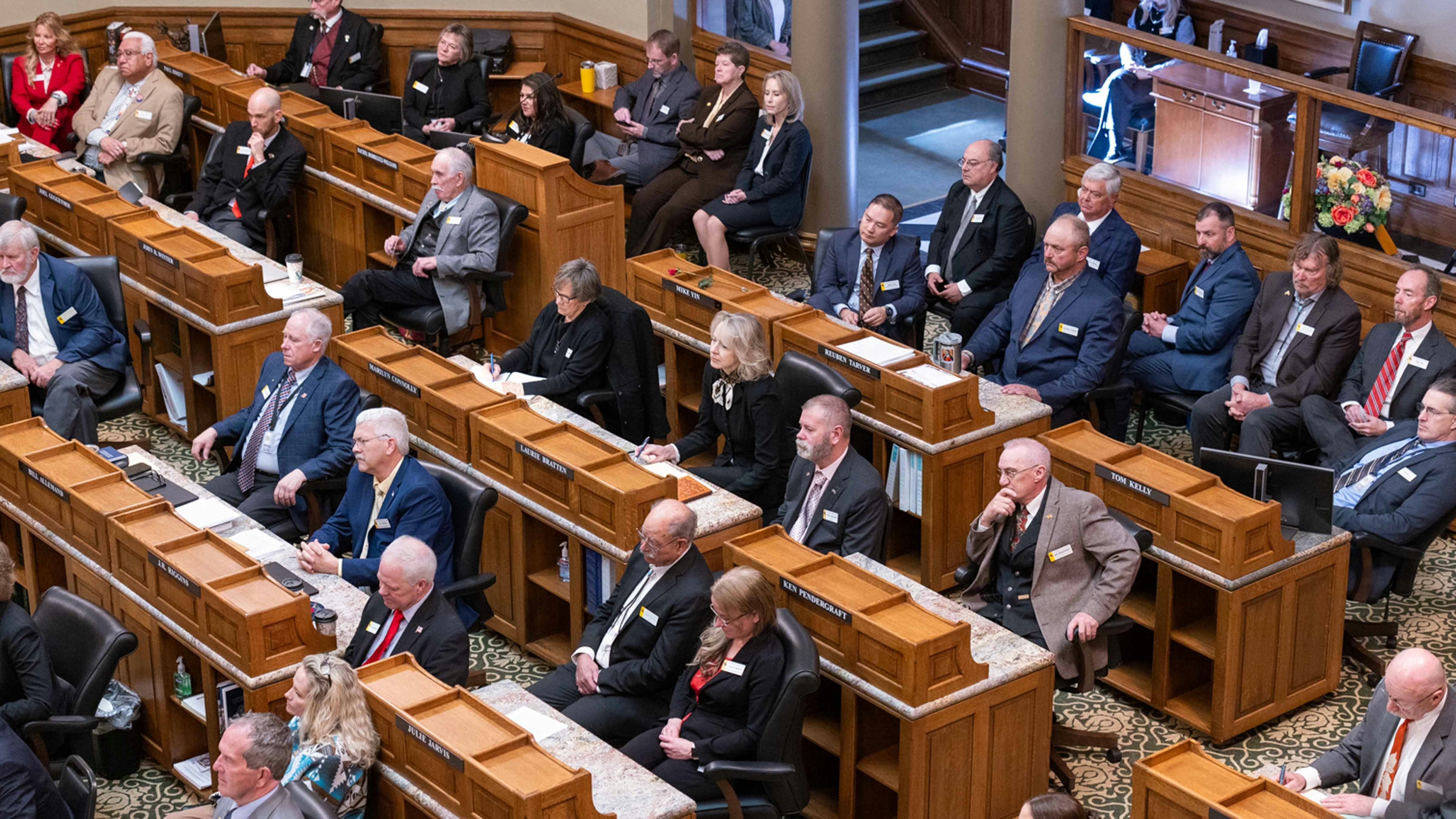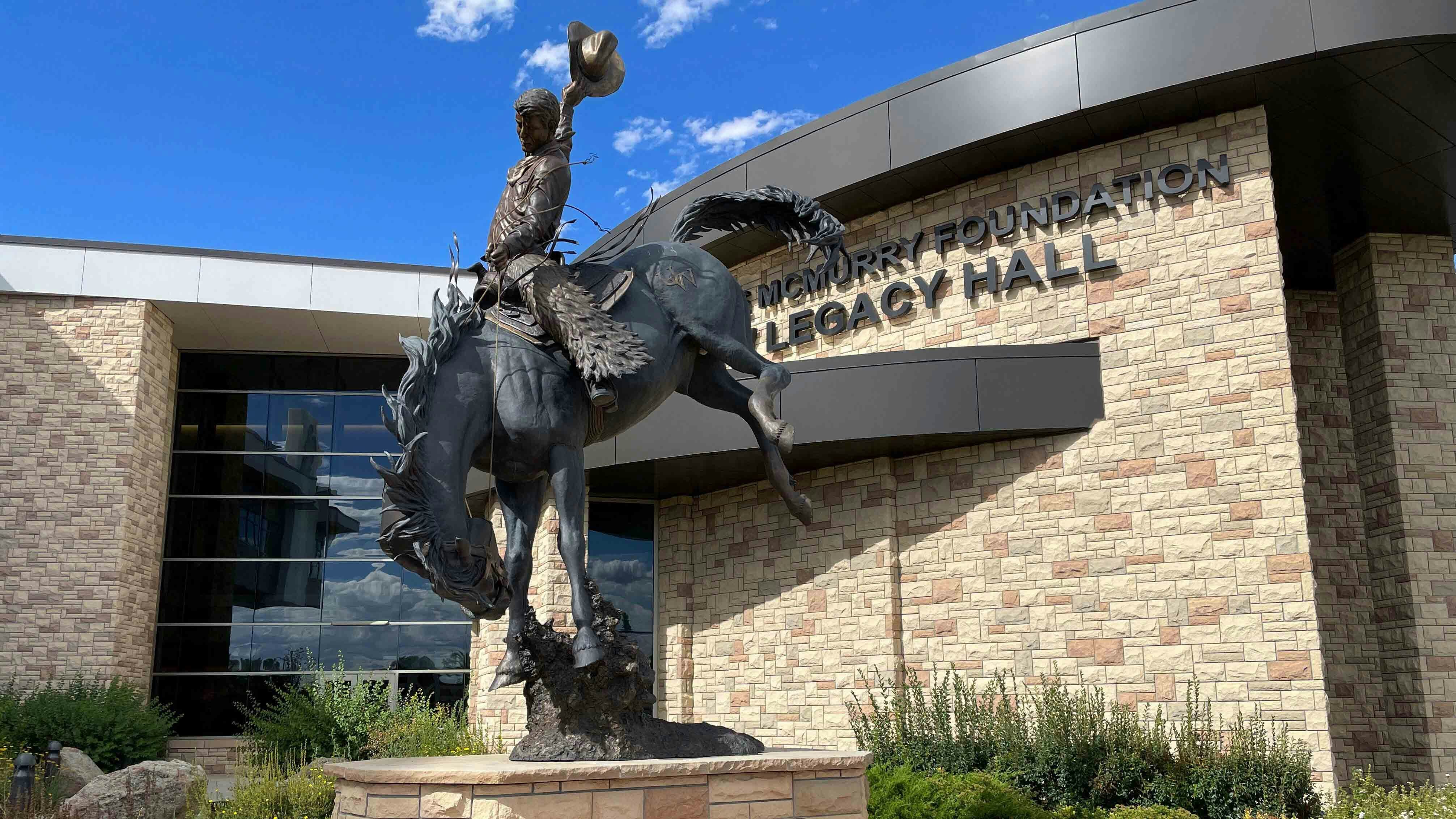Dear editor:
In response to Dennis Sun’s recent opinion piece in Cowboy State Daily, I feel the need to defend Mandatory Country of Origin Labeling (MCOOL) on behalf of producers and consumers in the United States.
Rocky Mountain Farmers Union, along with our parent organization National Farmers Union, has supported MCOOL for decades.
We worked diligently to get it included in the 2008 Food and Farm Bill, because it provides transparency and fairness for both producers and consumers.
The repeal of MCOOL for beef and pork in 2015 was not about trade rules alone — it was about who profits from keeping consumers in the dark.
Beef and pork are dominated by a handful of multinational packers, some not even based in the United States.
These companies freely move animals across borders before and after harvest, blend foreign and domestic beef, and profit from the lack of clarity in labeling.
That corporate control is the real reason beef and pork were singled out when Congress bowed to World Trade Organization (WTO) pressure, and it is exactly why MCOOL matters.
Packers argue they “can’t afford” the cost of tracking animals, but that claim rings hollow. These same companies are reporting record profits — even during times when producers are losing money.
They already track production to meet USDA food safety regulations. In truth the opposition to MCOOL isn’t about cost — it’s about packers protecting their ability to blend cheaper imported beef with high-quality U.S. beef and sell it at a premium.
Consumers consistently show that when given a fair choice they will buy American.
While some studies claim Americans won’t pay more for U.S. beef, they leave out the key question: if the price is the same, which would consumers choose?
Families across the country — including mine — will pick U.S. beef every time.
The problem is that without clear labeling, consumers can’t be sure what they’re buying, because imports are blended and labeled “Product of USA” even if the meat is only processed and packaged in the US.
That deceptive practice is only now set to end years after it should have.
The stakes are high not just for consumers but also for producers. Packers have long squeezed profit from producers while insulating themselves from losses.
Budget-conscious shoppers are also hurt, because instead of being offered lower-priced imports as a choice, they’re forced to buy blended products at inflated margins that benefit packers.
Even organizations like National Cattlemen’s Beef Association (NCBA) now support banning Brazilian beef over unfair trade practices—an acknowledgment that imported product does undermine U.S. producers.
In an era where “America first” is supposed to mean something, reinstating MCOOL should be common sense.
U.S. beef producers are finally beginning to see fair returns. Now is the time to back our producers and consumers — not multinational packers who profit from secrecy.
Do we stand with the people who raise and eat American beef, or with the corporations that manipulate the system to maximize their record profits?
The choice is clear.
Sincerely,
Chad Franke, Lander





